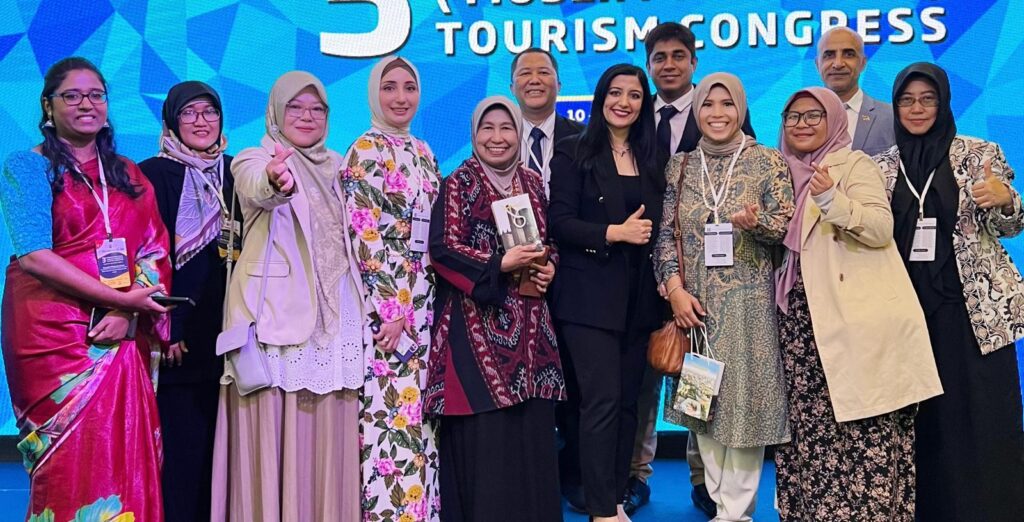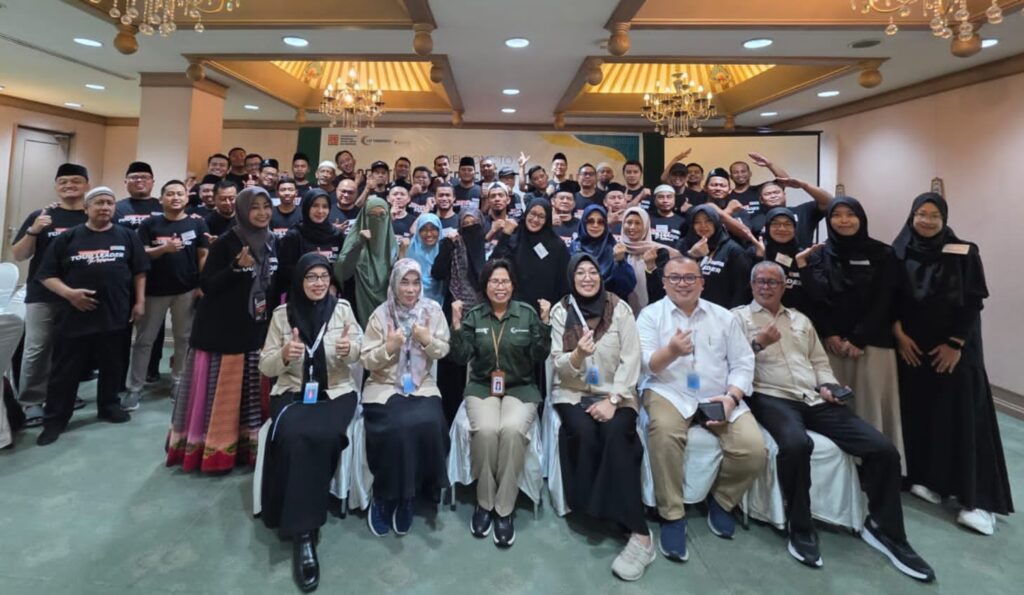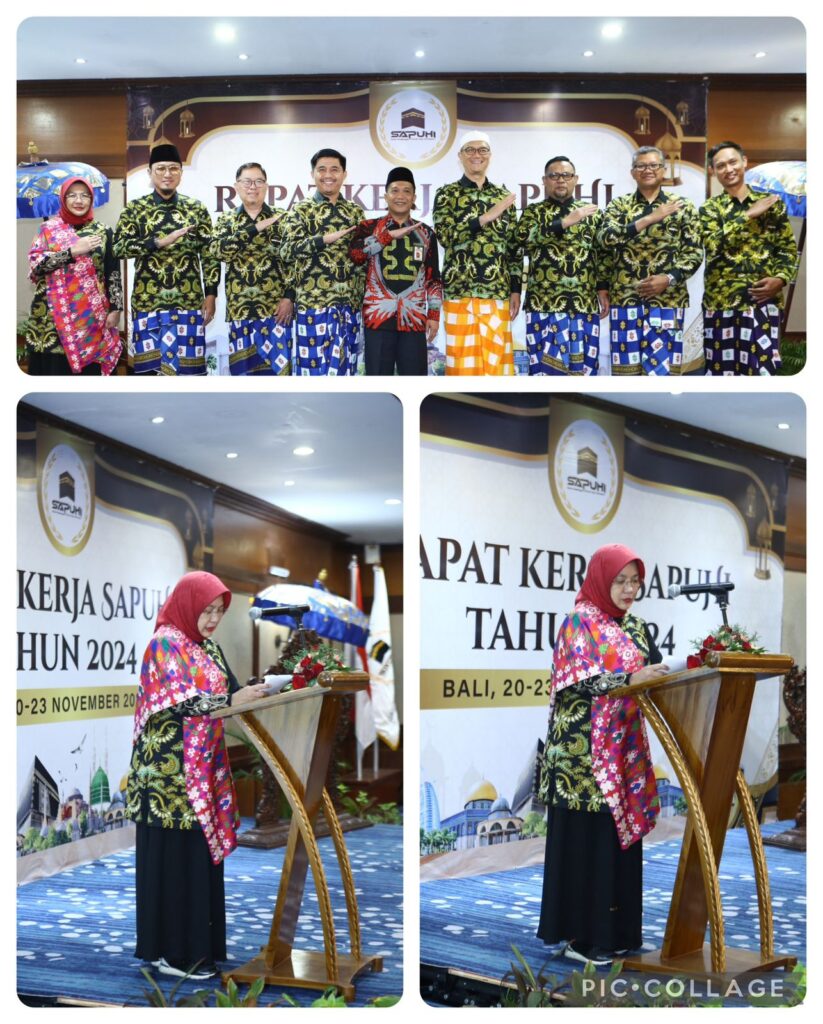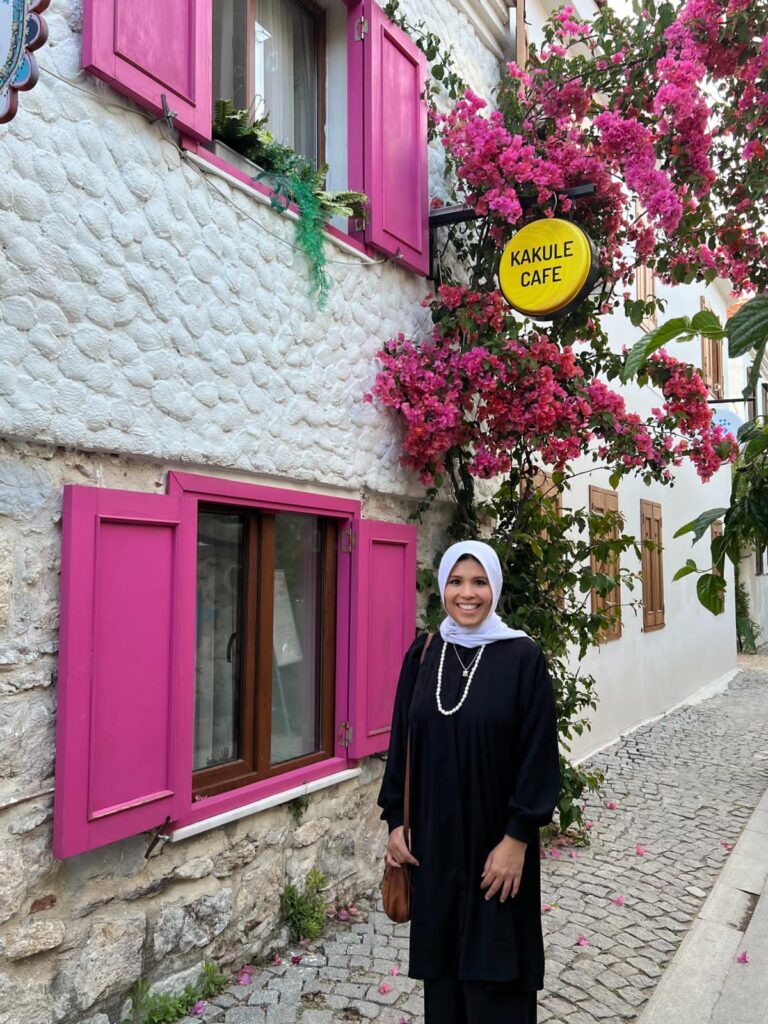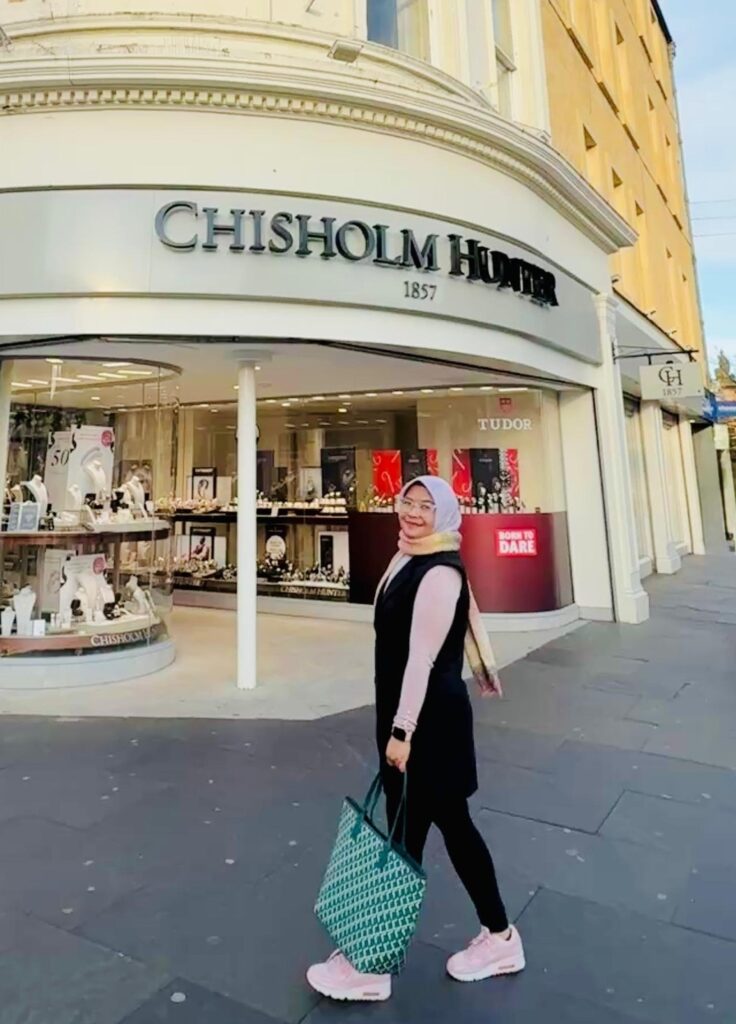“Empowering Women, Celebrating Sisterhood, Creating Opportunities”

Muslim women are often portrayed as oppressed, weak, have limited privileges and freedom to work, do business, study or traveling. Another misconception suggests that inequalities between men and women in Muslim-majority countries stem from religious teachings. These are not true. It is crucial to recognise that patriarchy predates the advent of Islam and persists as a societal issue in various cultures and regions. Islam indeed is a religion that highly values women. Muslim women are entitled to engage in all facets of life provided their modesty is preserved.
Muslim women have the right to keep their identities, belongings, and respect throughout their lives. Even after marriage, a Muslim woman’s name and belongings are hers alone. Muslim women can speak for themselves in court and give testimony. In the Qur’an (60:12), the Prophet was instructed to directly accept allegiance from women, affirming their primary responsibility for their lives and decisions. From the earliest times of Islam, women could speak for themselves and articulate their perspectives, as evidenced in the Qur’an (58:1), where a woman’s grievances are listened to by Allah directly.
Muslim Women in Tourism & Hospitality (M.WiTH) was initiated by Hera Oktadiana, a Muslim woman scholar, to promote the role of Muslim women in the tourism and hospitality industry while emphasising the women voices and empowerment within the field. The essence of empowerment, unity among women, and the creation of opportunity in tourism and hospitality sectors, are encapsulated in the following motto:
“Empowering Women, Celebrating Sisterhood, Creating Opportunities”.
Aims
- Provide a platform for Muslim women to share experiences, exchange ideas, and inspire one another to achieve professional success and personal growth.
- Create a supportive and inclusive network and community for Muslim women working in tourism and hospitality, fostering mentorship, collaboration, and knowledge-sharing to enhance career development, professional growth, and overall well-being.
- Advocate for equality, diversity, and inclusion within the tourism and hospitality sector, working to overcome barriers and biases that Muslim women may face in the workplace and promoting an environment of respect and equal opportunity.
References:
Moussa, O. A. A. (n.d.). Muslim women: Strangers by nature?. IEMed. Retrieved from https://www.iemed.org/publication/muslim-women-strangers-by-nature/
PBS. (n.d.). Believes and daily lives of Muslims. Retrieved from https://www.pbs.org/wgbh/pages/frontline/teach/muslims/beliefs.html
Yaqeen Institute.(n.d.). What Islam says about women. Retrieved from https://yaqeeninstitute.org/what-islam-says-about/islam-and-women#does-islam-treat-men-and-women-differently.
